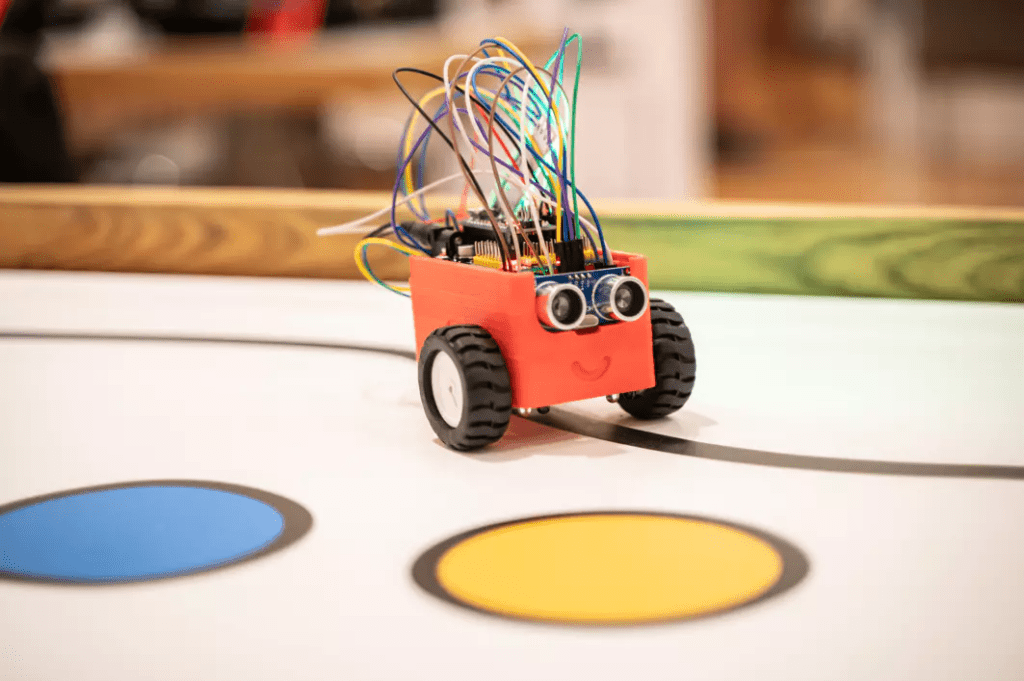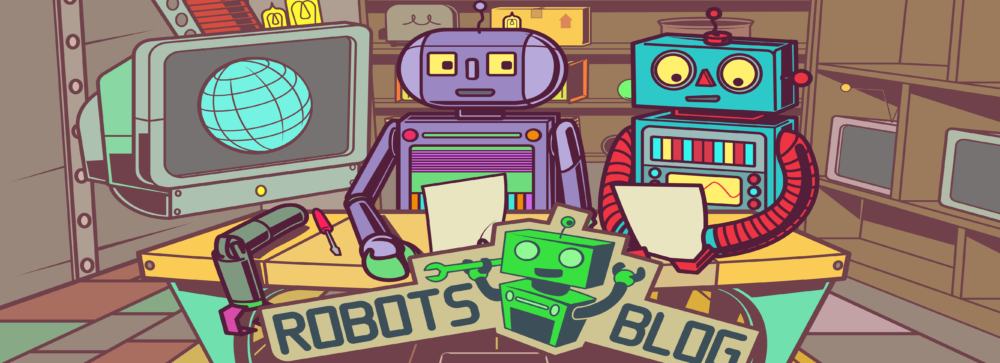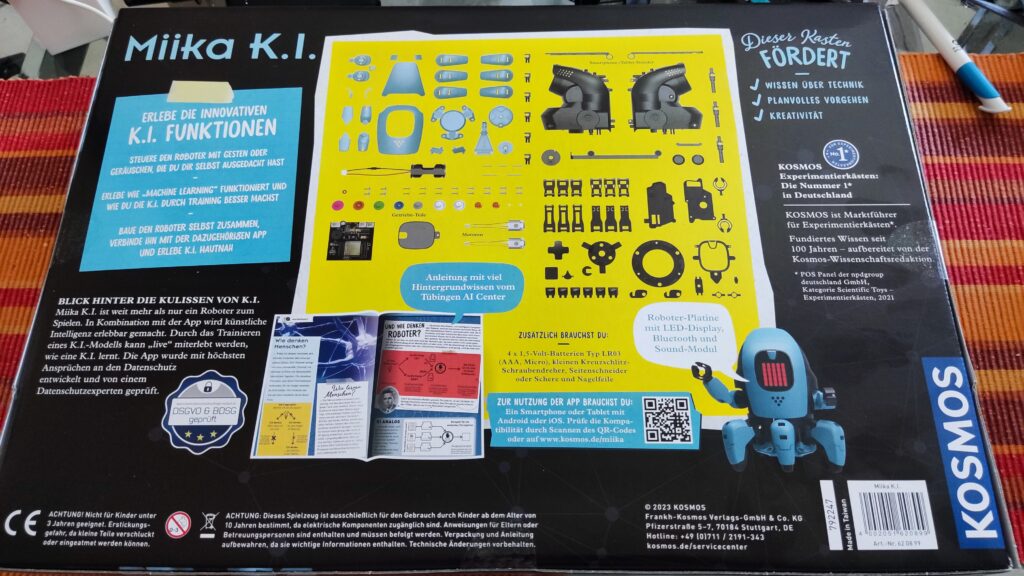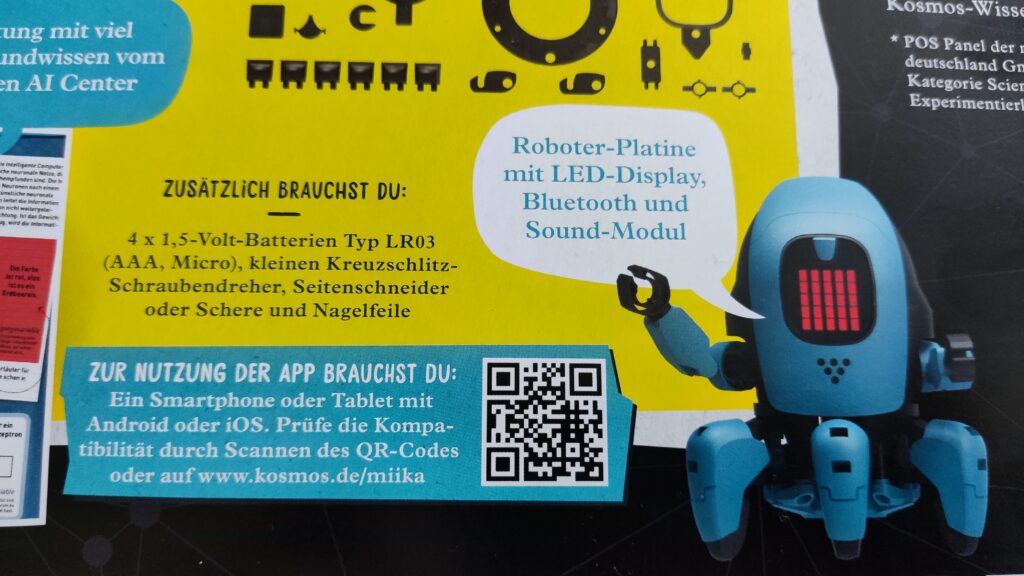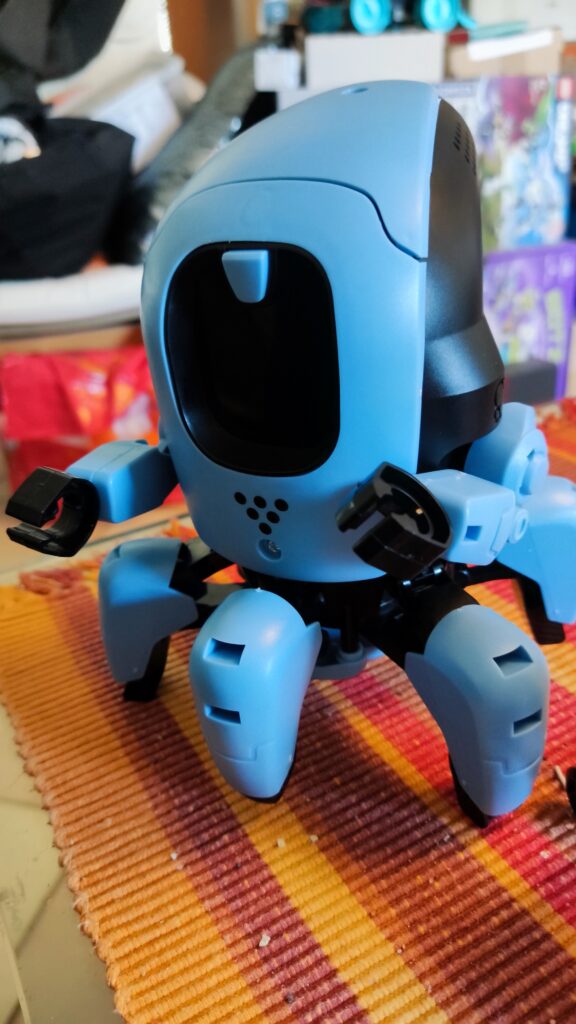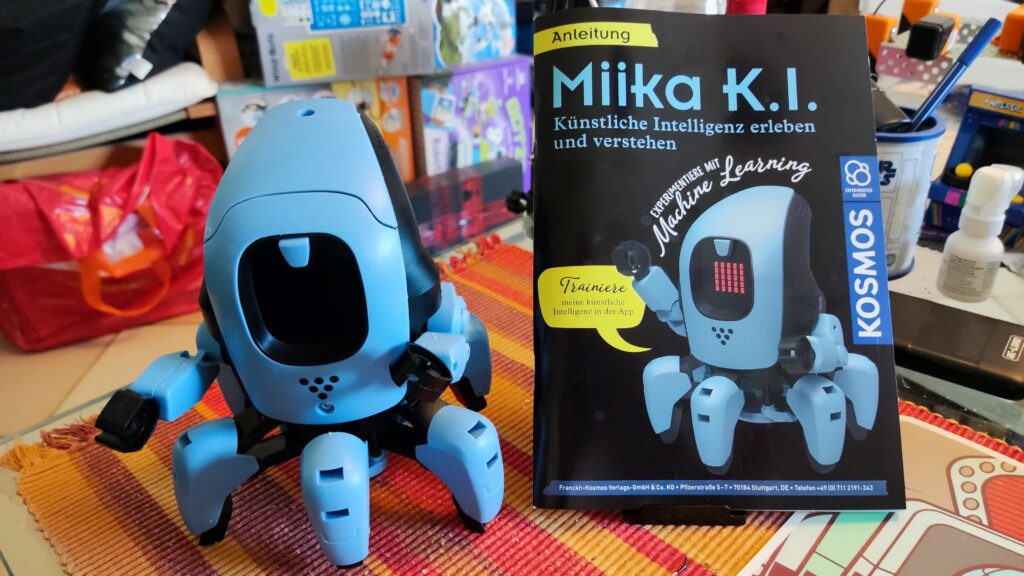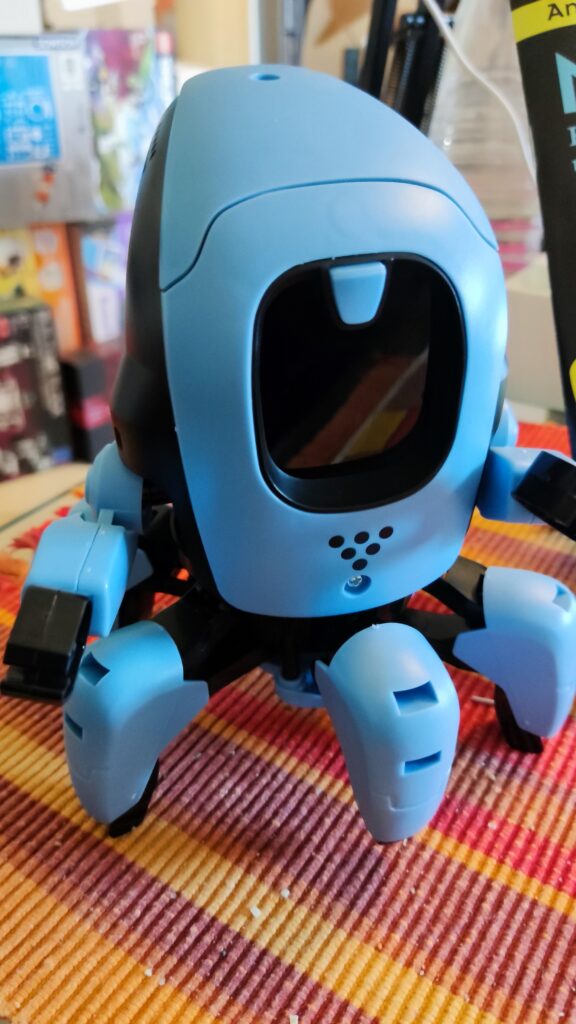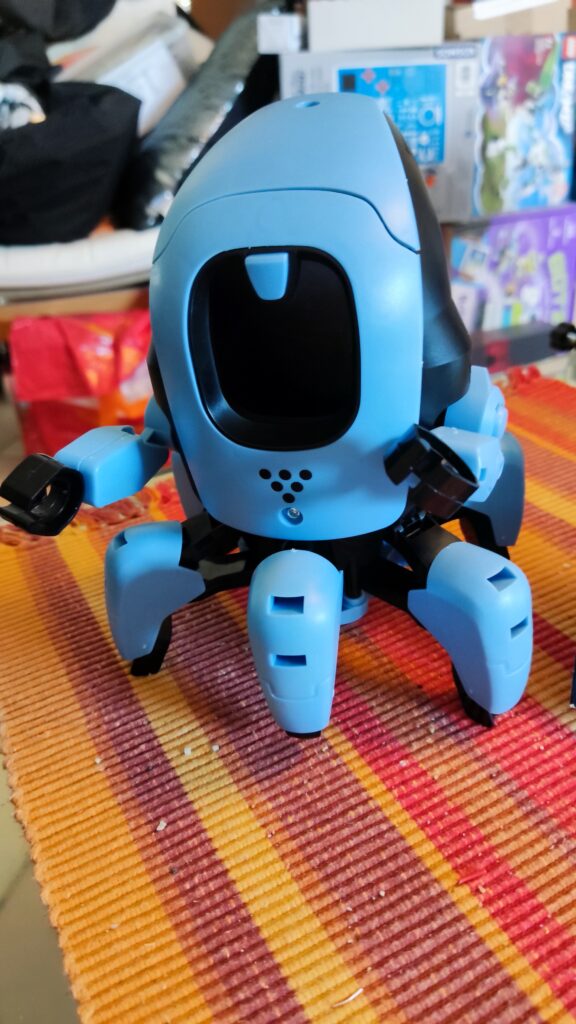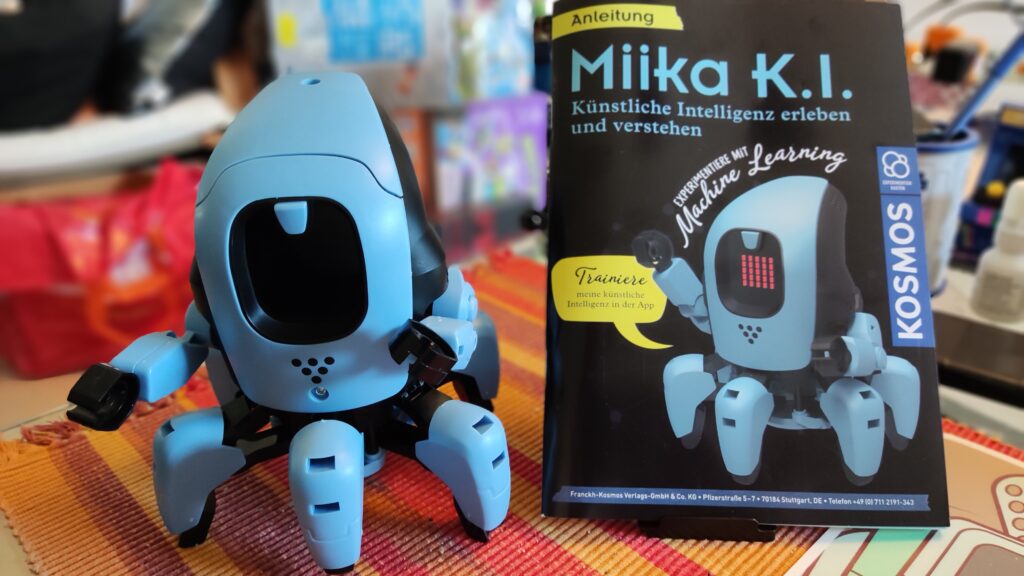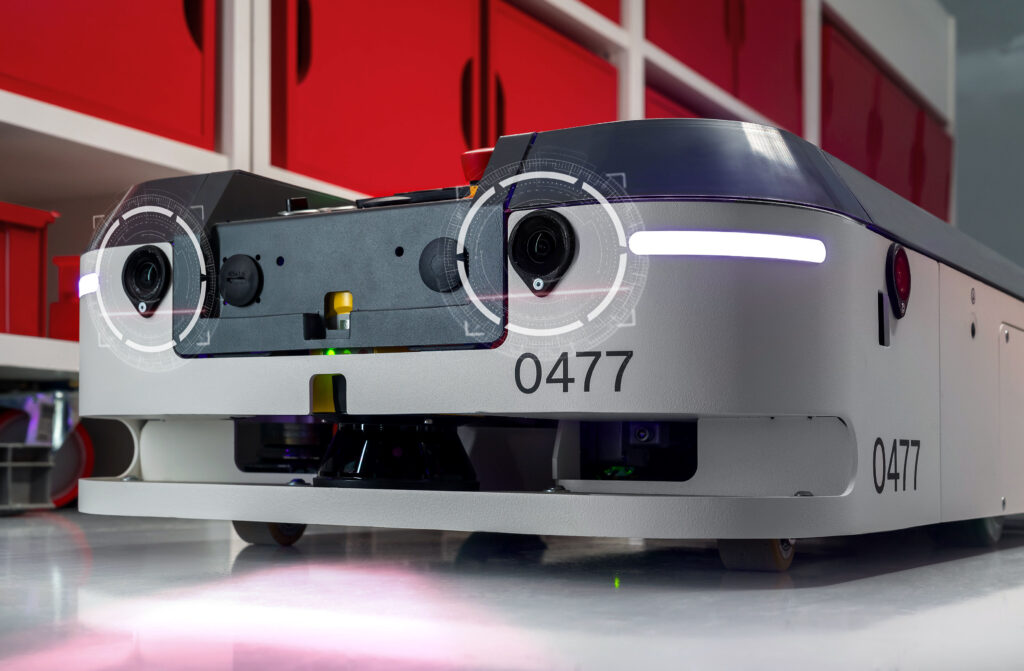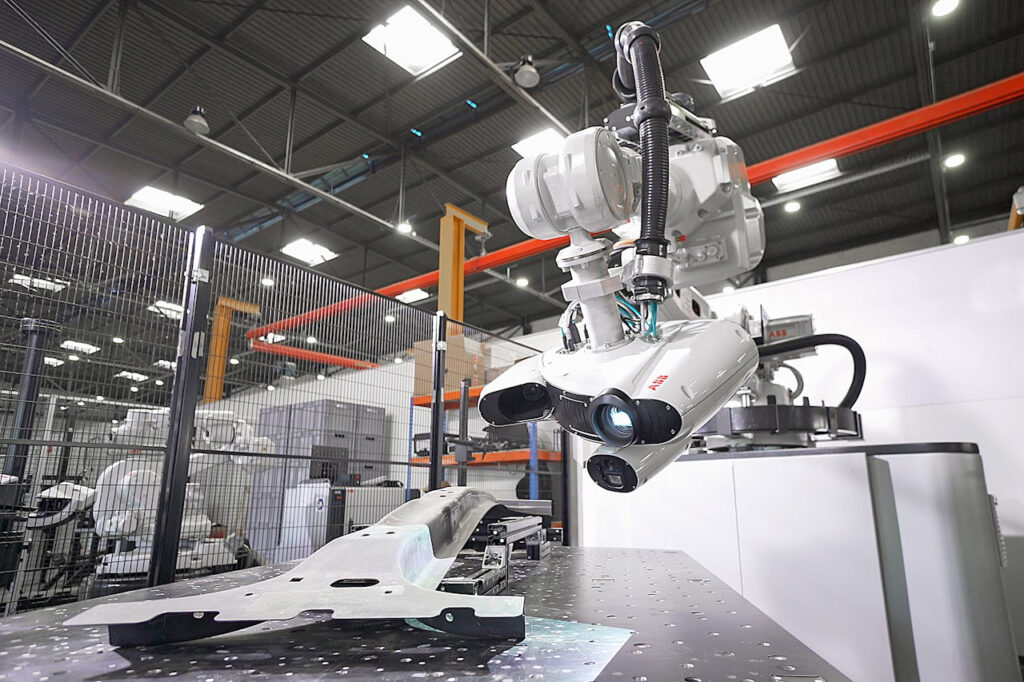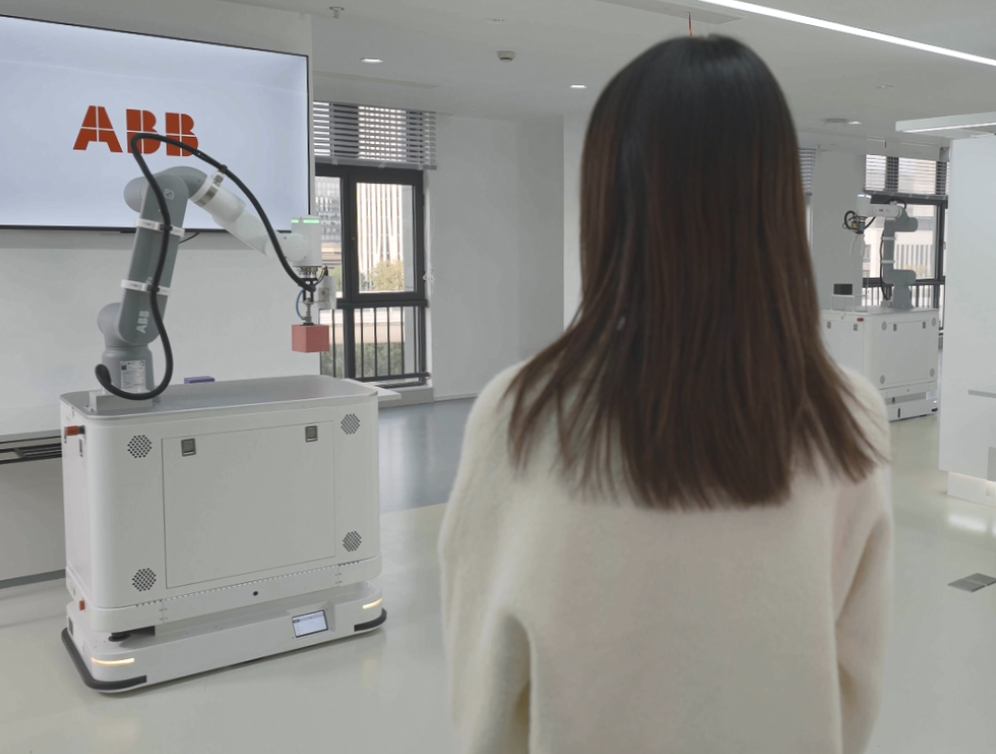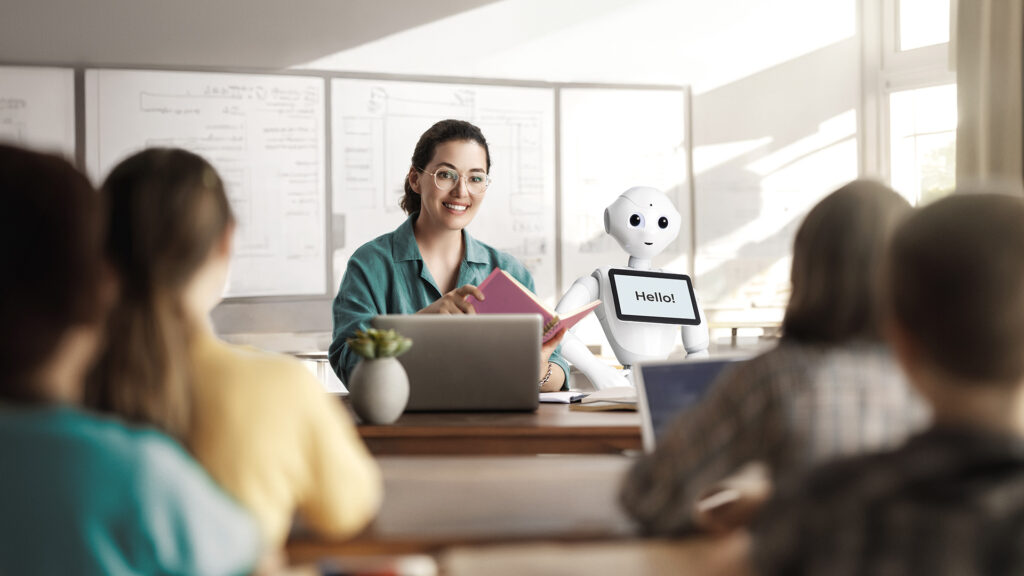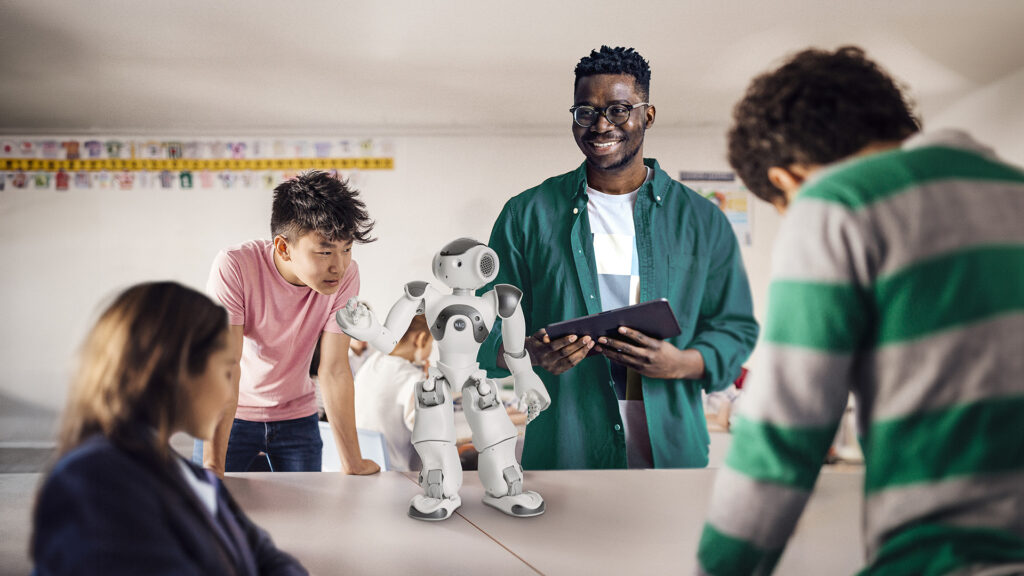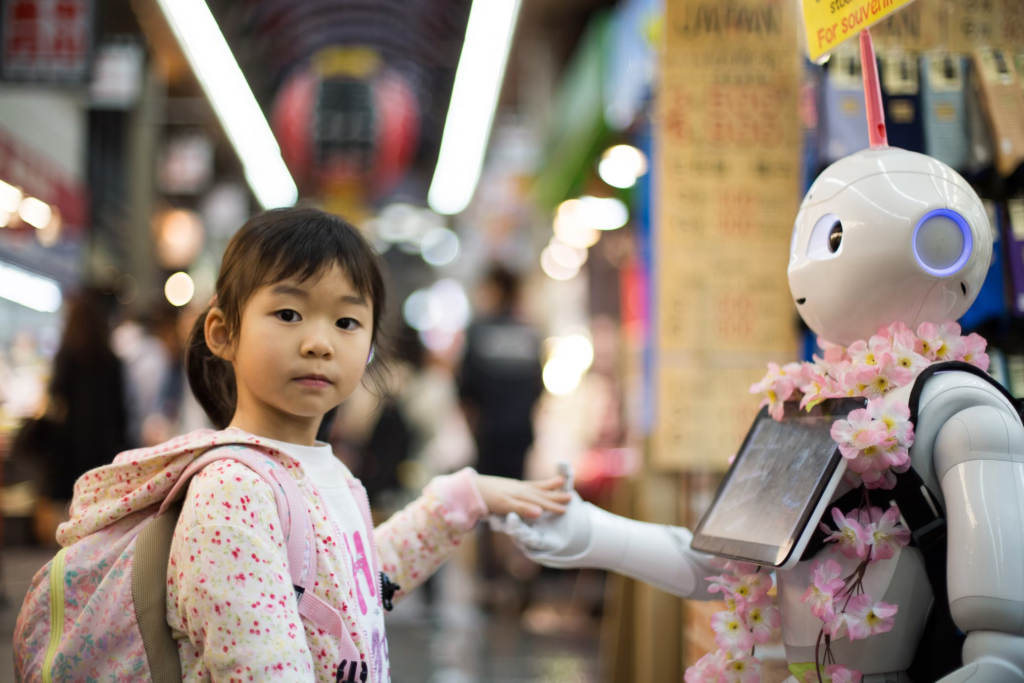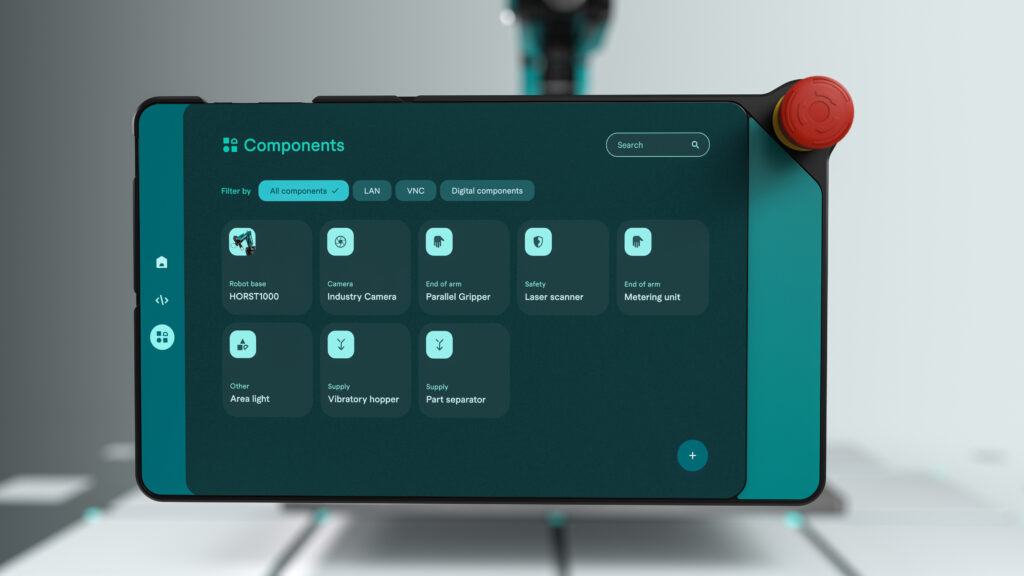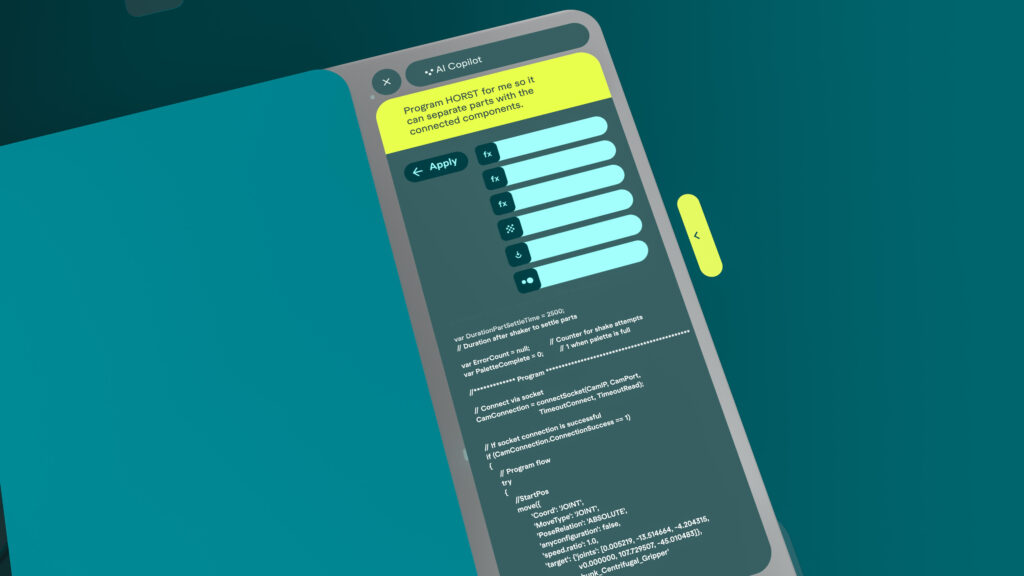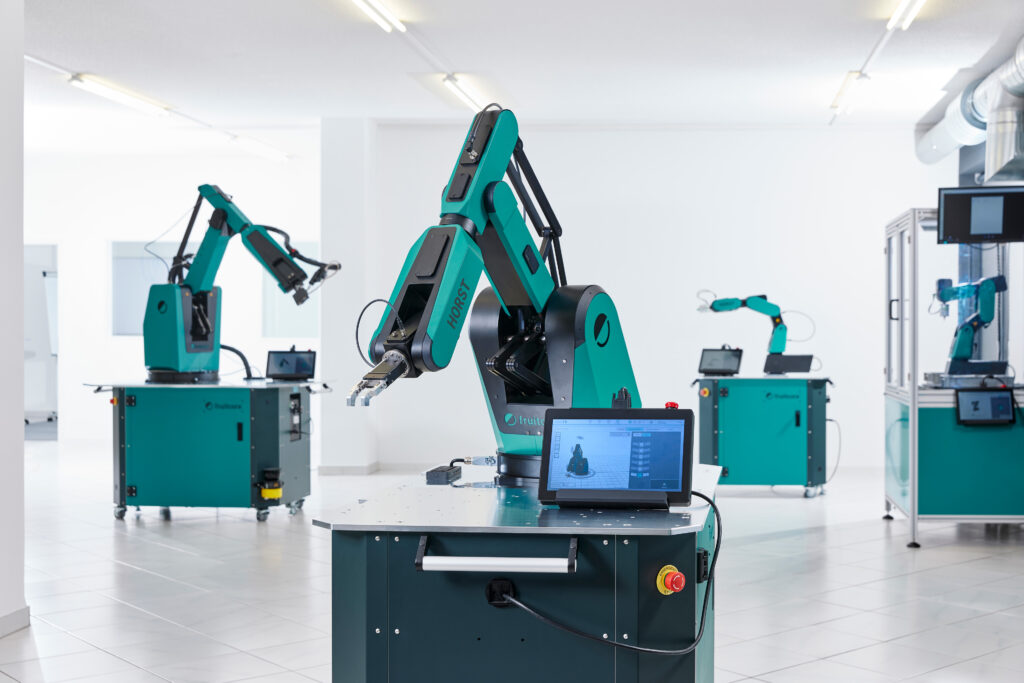Hannover, 18. Juli 2024 – Die Maker Faire Hannover feiert am 17. und 18. August ihr 10-jähriges Jubiläum im HCC Hannover Congress Centrum. Als drittgrößte Veranstaltung ihrer Art weltweit zählt sie zu den wichtigsten internationalen Maker-Treffen. Bis zu 15.000 Teilnehmer geben sich hier ein Stelldichein und bestaunen Hunderte von Projekten an rund 250 Ständen, tauschen sich aus und lernen voneinander. Das gesamte Ausstellungsprogramm ist unter dem Punkt „Meet the Makers” jetzt online abrufbar.
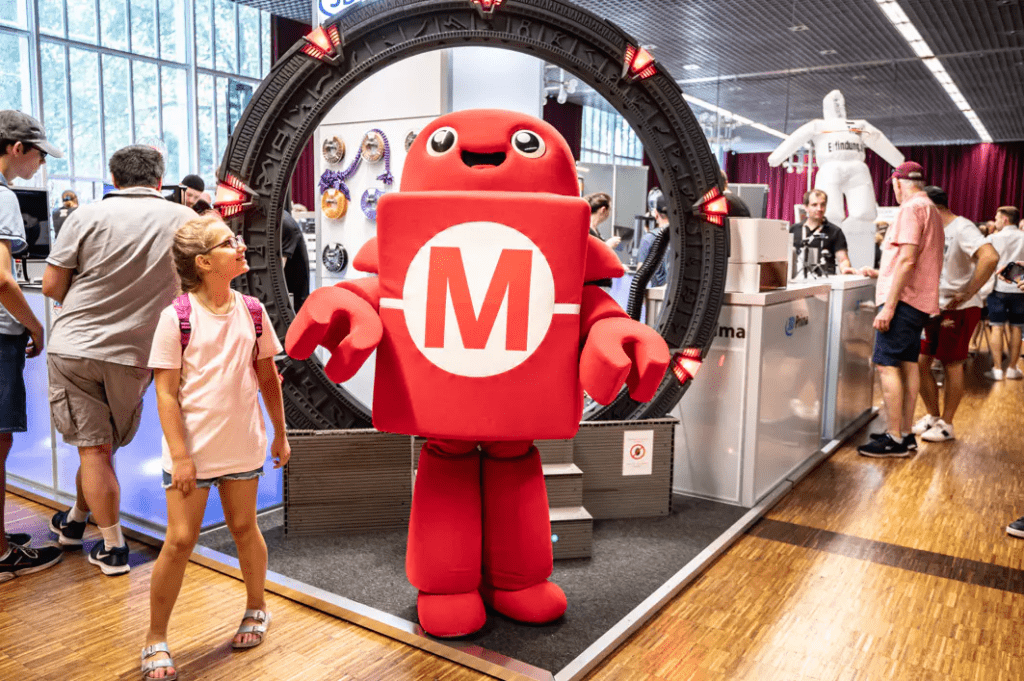
„Die Maker Faire Hannover ist eine einzigartige Mischung aus Wissenschaftsmesse und Jahrmarkt”, erklärt Daniel Rohlfing, Direktor der Veranstaltung. „Wir nennen es The Greatest Show & Tell on Earth. Die Veranstaltung bietet eine Plattform für Aussteller und Besucher, um sich über Themen wie 3D-Druck, Lasercutting, Mikrocontroller, Coding, Robotik und vieles mehr auszutauschen. Doch es ist weder ein Event nur für Nerds noch eine klassische Messe. Das Präsentieren von Projekten, das Miteinander und der generationsübergreifende Wissensaustausch stehen im Vordergrund, abgerundet durch ein buntes Rahmenprogramm.“
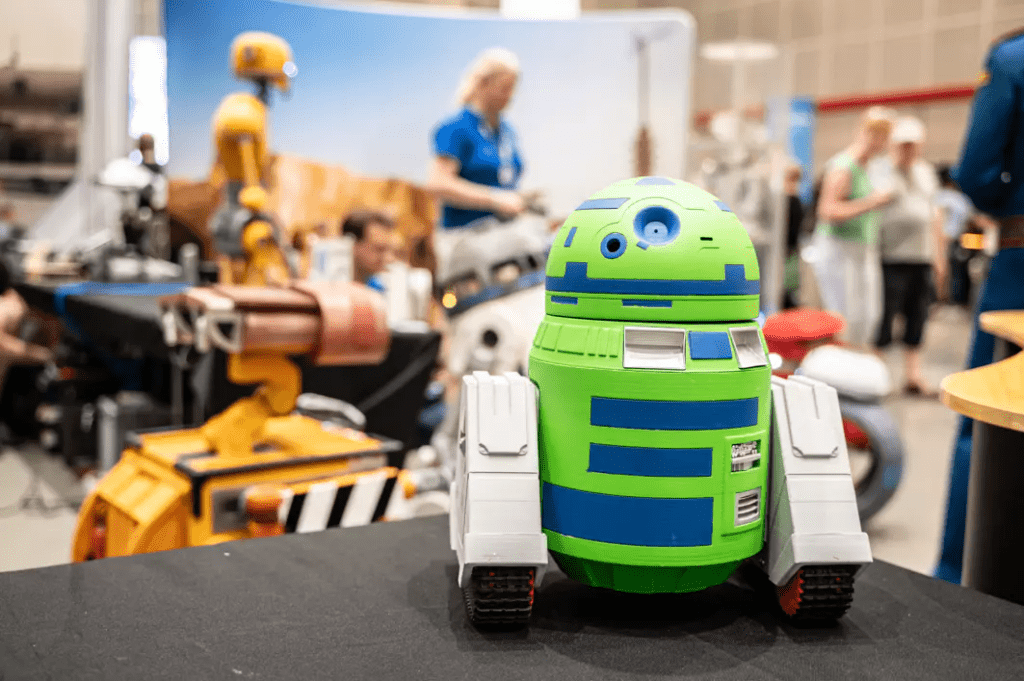
Ein besonderes Highlight der Veranstaltung sind die spektakulären Shows. In diesem Jahr präsentiert der Ingenieur Matthias Vijverman von Mécanique Fantastique sein „Steam Bike” und die Feuershow „Watch?!” – eine vier Meter hohe mechanische Installation mit unzähligen beweglichen Teilen.
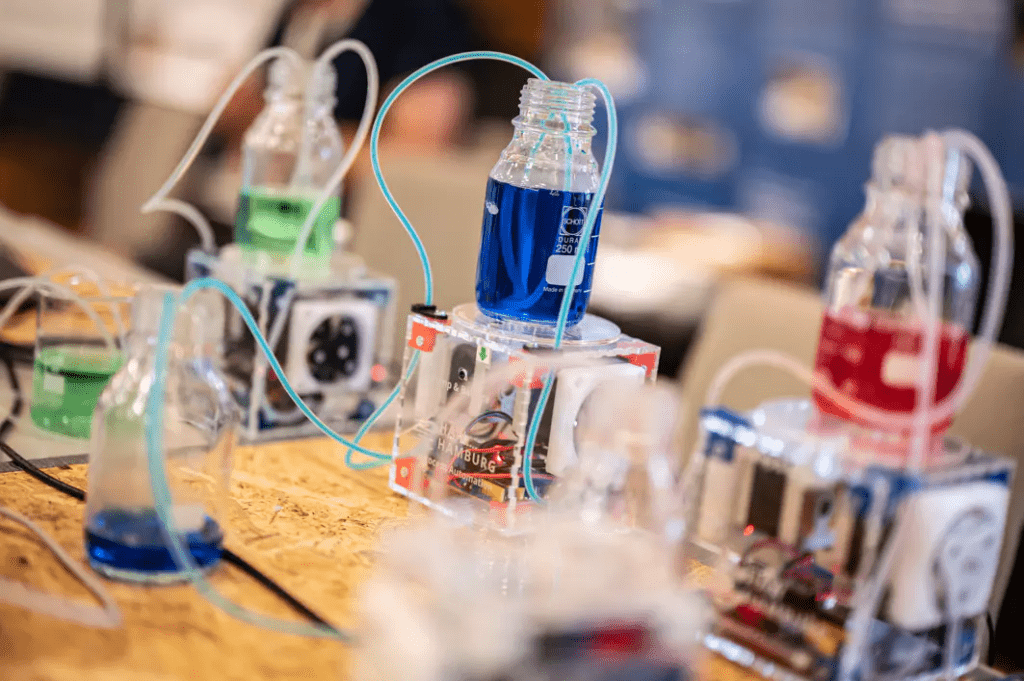
Neben den größeren Attraktionen zeigen private Maker, Hochschulen mit MINT-Schwerpunkten, Unternehmen und viele Makerspaces ihre inspirierenden Projekte und innovativen Produkte. Es gibt eine KI-Ideenwerkstatt für Umweltschutz, ein Roboter-Herz, eine simulierte Knieoperation durch einen Roboterarm, Quantensensoren zum Anfassen, einen autonomen Tauchroboter namens BumbleBee, ChatGPT-Telefonie und ein digitales Periskop, mit dem man sich virtuell an faszinierende Orte teleportieren kann. Aber auch herumwuselnde R2D2-Roboter, Cosplayer, selbstgebaute Greif- und Arcade-Automaten, ein Mitmach-Fernsehstudio der Marke Eigenbau, das Equipment der 80er und 90er Jahre mit aktueller Technik verbindet und vieles mehr.
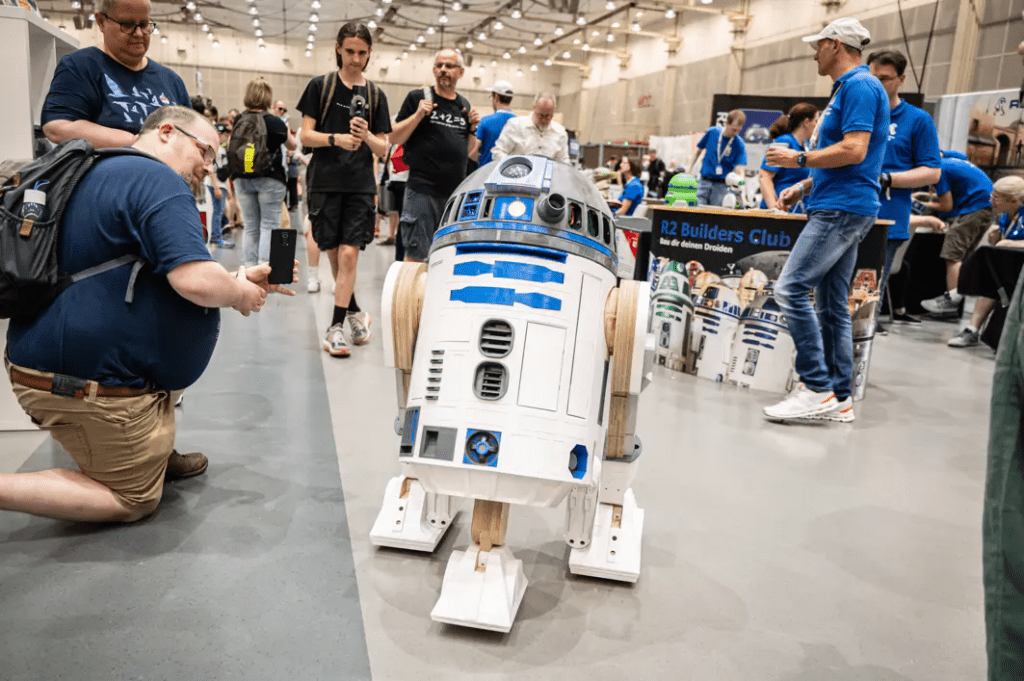
Weitere Informationen zur Maker Faire Hannover sind auf der Website zu finden, dort kann man über das Ausstellerverzeichnis Genaueres über die ausstellenden Maker erfahren.
Die Veranstaltung steht unter der Schirmherrschaft von Bundesbildungsministerin Bettina Stark-Watzinger. Sie betont, dass neben der fachlichen Kompetenzförderung auch das Selbstvertrauen und die Offenheit für Neues gestärkt werde. Steffen Krach, Präsident der Region Hannover und Botschafter der Veranstaltung, wird das Jubiläum eröffnen. Diesjähriger Hauptsponsor ist Basic Solar, die Photovoltaik einfach und günstig machen.
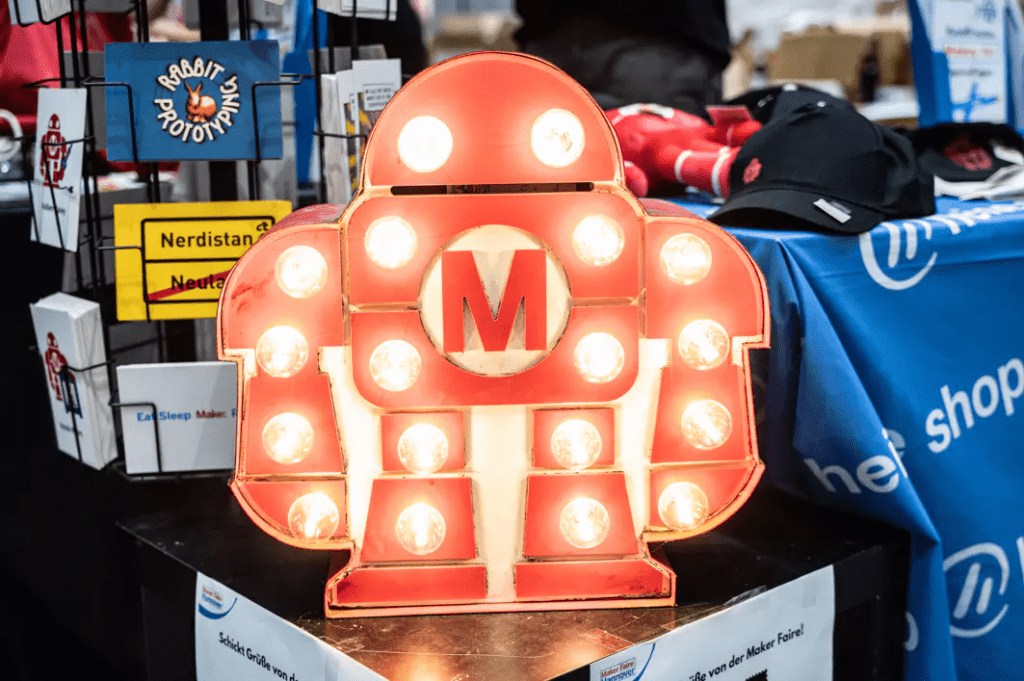
Tickets für die Maker Faire Hannover sind im Onlineshop oder an der Tageskasse erhältlich. Das Einzelticket für Erwachsene kostet 19,80 Euro, ermäßigt 15,80 Euro. Familientickets gibt es ab 30 Euro, für Kinder unter 10 Jahren ist der Eintritt frei. Die Veranstaltung öffnet am Samstag von 10 bis 18 Uhr und am Sonntag von 10 bis 17 Uhr.
Über die Maker Faire Hannover: Seit 2013 begeistert die Maker Faire Hannover als Plattform für Inspiration, Kreativität und Innovation Teilnehmer aller Altersgruppen. Die Veranstaltung bringt Technik, Handwerk und Kunst zusammen und hat sich zu einem festen Termin im Kalender der internationalen Maker-Szene etabliert.
